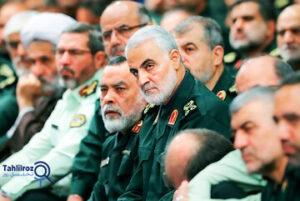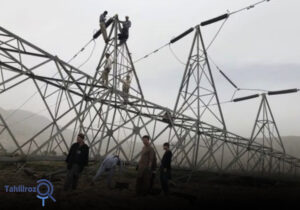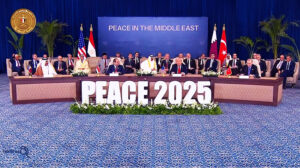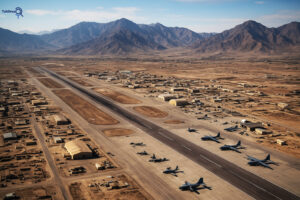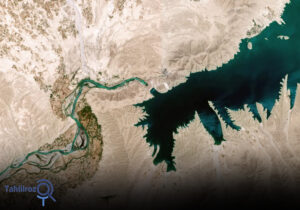The recent attacks of the ISIS terrorist group have greatly increased the security concerns in the region. These concerns can be traced in the recent report of Antonio Guterres, the Secretary General of the United Nations, and the statements of the Foreign Minister of Russia, the permanent representative of Iran and Pakistan in the United Nations. The report of the United Nations and the reaction of the political authorities of the countries indicate the serious and continuous threat of ISIS to the region and Afghanistan.
In this article, the role of Taliban in the fight against ISIS, the destructive effect of Pakistan in strengthening this group, and the necessity of collective action of the countries of the region to deal with this threat are discussed.
-
The recent attacks of the ISIS terrorist group and its effects
Since the Taliban took control of Afghanistan, ISIS-K has carried out numerous attacks in Afghanistan, many of which were especially in urban areas and religious and educational centers. For example, suicide attacks in Shiite mosques and girls’ schools, which resulted in dozens of people being killed and injured, show the brutal and aggressive strategies of this group. Despite the Taliban’s denial, field studies and the recent report of the UN Secretary General show that such attacks by the ISIS terrorist group are still continuing. It is natural that ISIS attacks will not only lead to more instability in Afghanistan, but also overshadow the Taliban’s efforts to gain international trust.
-
ISIS, created by the White House think tank
It should not be overlooked that the ISIS terrorist group was created as a product of the White House think tank with the aim of destabilizing the countries of the region and the Middle East. These policies, which are implemented with the aim of achieving strategic interests in the region, end up harming global stability and security. Various sources have mentioned the role of the U.S in the formation and strengthening of ISIS, which was done with the aim of putting pressure on and control the countries of the region.
-
Pakistan’s destructive role and support for ISIS
Pakistan’s role in Afghanistan’s security developments has always been discussed and criticized. Various analyzes show that Pakistan has played a key role in strengthening and supporting terrorist groups in Afghanistan and the region, including ISIS. Some analysts believe that elements within the government of Pakistan, especially some of the country’s security institutions, indirectly support terrorist groups such as ISIS-K.
This support can include providing safe havens, facilitating financing and equipment, and even military training. The main purpose of these supports is to maintain Pakistan’s influence in Afghanistan’s internal affairs and to counter the influence of India and other regional powers. These destructive actions can lead to the continuation of instability in Afghanistan and increasing security threats for the entire region. For this reason, the countries of the region should be alert to this issue, formulate and implement appropriate solutions to deal with these threats.
-
The necessity of Taliban’s interaction with neighbors and the region
Considering the extent of ISIS-K threats and its effects on regional security, joint regional cooperation seems necessary. Afghanistan’s neighboring countries, including Iran, Pakistan, Tajikistan and China, need to strengthen security and intelligence cooperation with the Taliban and each other, so that they can deal with terrorist threats in a coordinated and effective manner.
The creation of a regional united front not only helps to reduce the activities of ISIS-K, but also can lead to the strengthening of stability and security in the entire region; Therefore, instead of denying the reality, the Taliban are expected to engage in effective interaction with their neighbors and countries in the region and, with collective cooperation, put the necessary measures on the agenda to destroy ISIS. Regional cooperation can lead to intelligence sharing, border strengthening, and joint counterterrorism operations, all of which are essential to countering ISIS.

-
Consequences of ignoring the threat of ISIS
The countries of the region and the Taliban should be aware that any ignorance and failure to fight ISIS terrorists will have bad consequences. An increase in terrorist attacks, internal unrest and widespread instability are just some of the unfortunate consequences of this neglect. Therefore, a collective and coordinated action to destroy this terrorist group is one of the main necessities of the region.
-
Warning to the Taliban
As an Afghan citizen, I consider it my right and duty to warn the Taliban to decisively and seriously fight against terrorists, especially ISIS, and eliminate this serious threat. Any shortcoming and neglect in this sphere will not only harm the people of Afghanistan, but also harm the security and stability of the region. It should also be noted that this fight cannot be an individual one, and it is expected that the Taliban will end this fundamental problem by interacting and cooperating with neighboring countries and the region.
In the current situation, cooperation and interaction between the Taliban and the countries of the region is of great importance for eliminating the ISIS terrorist group. Joint and coordinated measures can reduce terrorist threats and increase security and stability in the region. All countries should help to create a safe and stable future for the people of the region by knowing the threats and cooperating in dealing with them.
Tamana Popalzai


